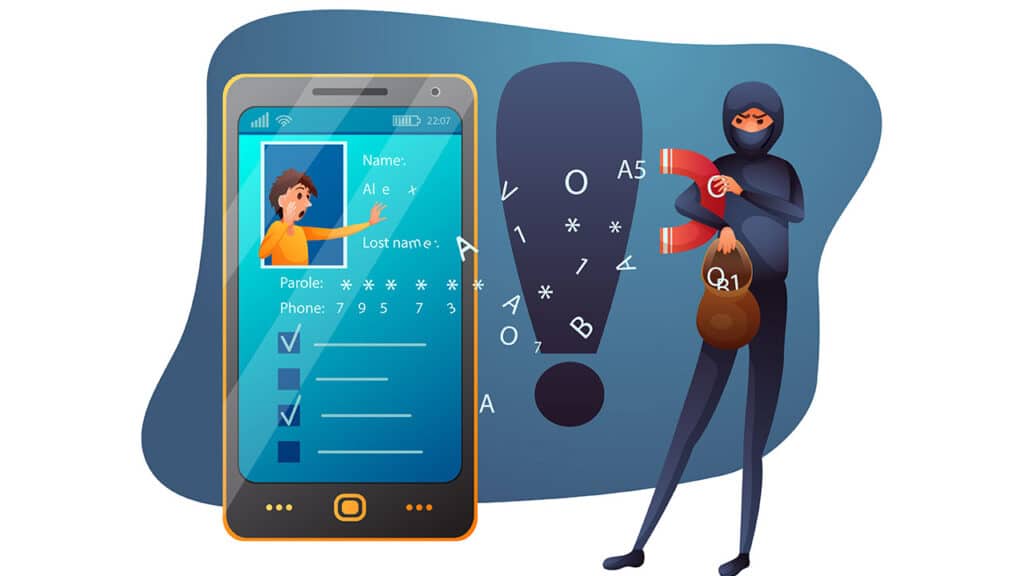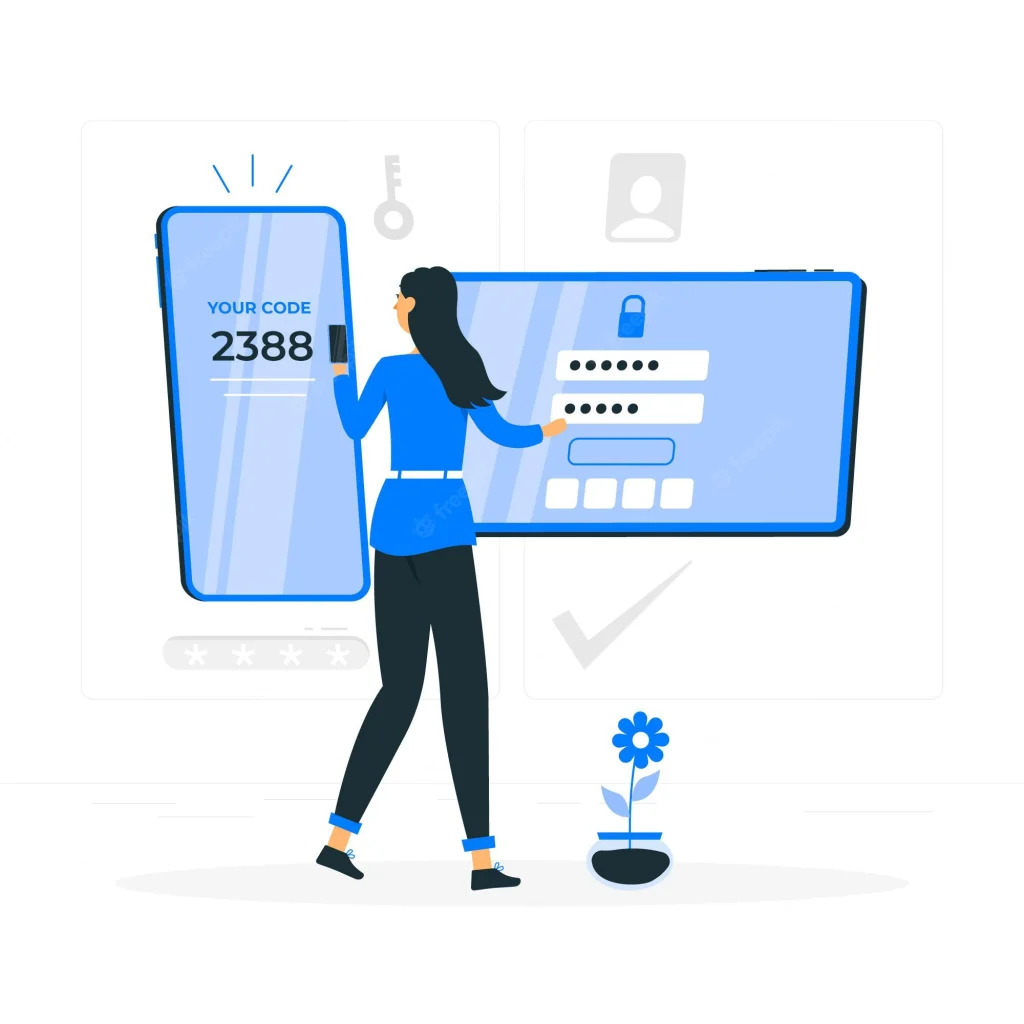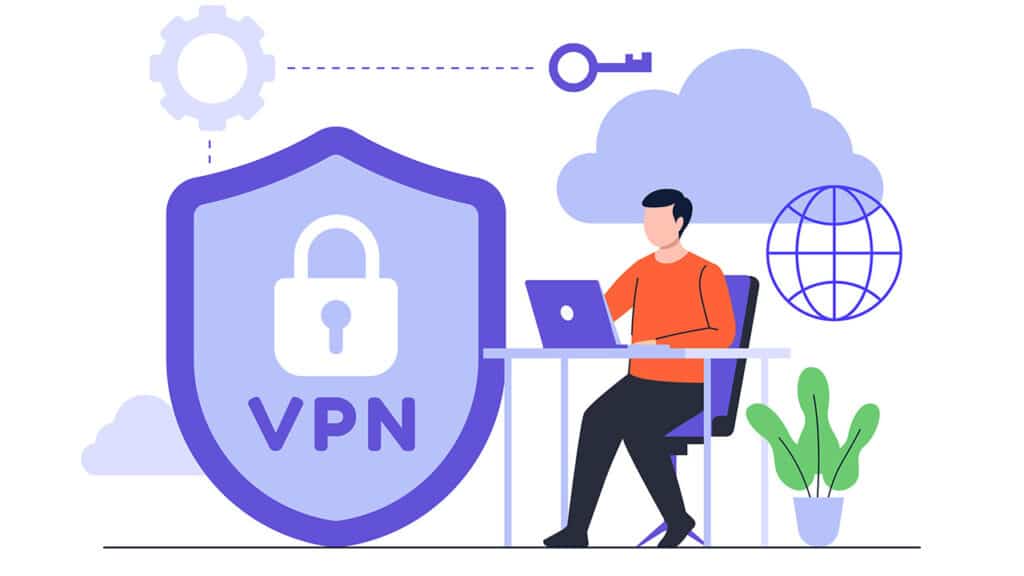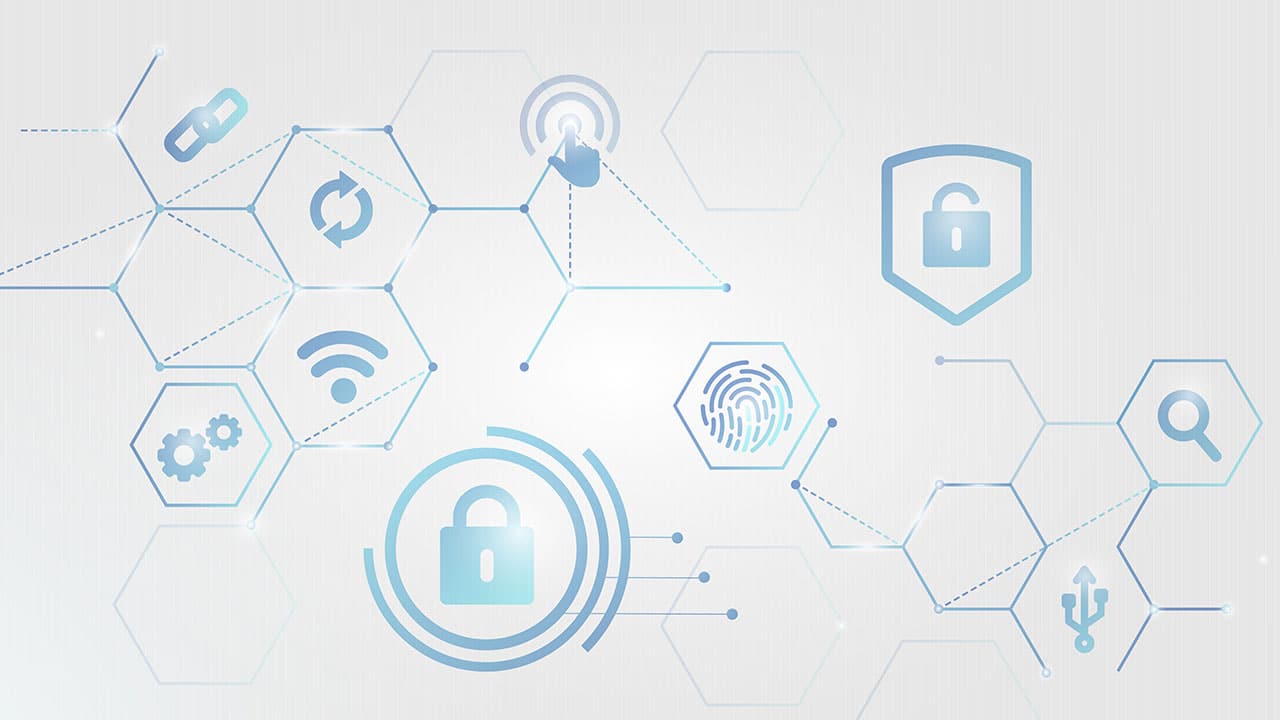Over time, the Internet has evolved – it continues to do so – but we remain anchored to conventions, habits and certainties that belong to the past.
We are still convinced that nobody cares about our data.
We are sure that nobody wants to read our e-mails because we only receive useless e-mails.
We are confident that our date of birth is a perfect password for any occasion.
But no.
Nobody is safe. No data is negligible. No password should ever be trivial, or the same as another.
So let’s try to understand where we are wrong e what we can do to truly take care of our identity, our data and our online presence.
Wallife Research
Wallife, insurtech company born with the aim of proposing insurance solutions to protect people from the risks deriving from technological innovation and scientific progress, has collaborated with Ipson to give life to an interesting research dedicated to the risks and behaviors linked to our digital identity.
The results are undoubtedly sobering. For example, 28% of Italian respondents said they had suffered at least one online violation, violation ranging from fraudulent access to social profiles or online current accounts to the unauthorized use and dissemination of their photographs on the web.

All this, however, seems to have taught us nothing. Most Italians limit themselves to providing only mandatory data and not posting photos on the net. Not to mention that we are all a little inclined to believe that no, it will not happen to us. In short, it is always others who have to worry about their own safety; in fact, most of us think we are attentive enough or not interesting enough to be attacked.
And this is where we go wrong.
While it is understandable to associate hacking attempts with large corporations, managers, VIPs, and people with a strong public presence, there is actually no data in favor of this popular theory. On the contrary, the spread of ransomware tends to demonstrate the opposite: hackers target everyone, blocking access to devices in exchange for a ransom that, in all probability, will be paid; this is because no one wants to risk losing their data, be it vacation photos, work emails, the large manuscript with which we will change our lives, the files that the accountant sent us or our social profiles.
Nobody is safe.
Or rather, no one can be sure of not being targeted. So what to do?
Protecting your data online: not just common sense
Common sense, what tells you to be careful, not to give your data to strangers, not to type your passwords in the presence of others, is only the first step. And this alone is not enough.
To protect your data online, you need to take a few further steps.
Il password manager
Your date of birth is not a secure password.
12345678 is not a secure password.
Your name, that of the dog, of the cat, of the child are not secure passwords.
They’re easier to remember, that’s true, but they don’t protect your data. That’s why i password manager, that is, programs that generate and store complex passwords, also taking care of the completely of the appropriate field. Both on the computer and on mobile devices.
Dashlane, 1password, LastPass, Keeper... they are all excellent alternatives that serve, on the one hand, to make your login credentials to any website more difficult and less obvious and, on the other hand, to collect them all in one place, so you can consult them, find them and use them anywhere. moment.
Two-factor authentication

We all hate it. She is uncomfortable, she wastes time and forces us to always have our smartphone or e-mail at hand.
We are talking abouttwo-factor authentication, that is the security procedure that, in addition to requesting the password, forces you to enter a code that is sent via email and SMS or generated via an authentication app.
We often refuse to activate this option. Because, we understand, laziness always prevails. Yet this small operation can keep your accounts safe.
Imagine that you have put too simple a password. Or, again, that you have chosen a difficult one but the website you are subscribed to has been hacked and the data of many users have been stolen, including your login credentials.
At this point, an attacker could enter and dispose of your account in complete freedom.
Two-factor authentication prevents this.
This is because, once the password has been entered, the site requires a code that only you receive.
You understand well that this double step can make the difference, especially when it comes to emails, bank accounts or profiles that have credit cards associated with them.
VPN day
In recent years the phenomenon of VPN and the blame (or credit) goes to the streaming services.
VPN stands for Virtual Private Network, or virtual private network.
Imagine you are at a party with a friend. You are at opposite ends of the room and you need to communicate. If you yell everyone hears you. But you want privacy.
The solution could be a flexible tube to talk through. That way others won’t be able to hear anything.
The tube is the VPN.
Simplifying we could say that this technology uses dedicated servers to protect everything you do on the net, ensuring that it remains a secret between you and the target website or web service.

Ok, but what do streaming services have to do with it?
Well, each platform has a catalog that varies from country to country. The VPN allows you to change your location, making the website believe you are elsewhere. This allows, for example, to find out what’s on Netflix in Spain or to check out what Disney + offers in the United States. Or, again, to watch Big Brother while on holiday in Greece.
This feature of VPNs has contributed to their spread in recent times but in reality the ultimate goal, their ultimate purpose, is to keep your data, your browsing and your communications safe. The suggestion therefore is to have one to activate especially when you are away from home, connected to networks you do not have control of.
He backs up
Don’t keep all your files in one place.
Which does not mean scattering them randomly but having a backup that allows you to restore everything you need in an emergency. And the emergency can be a virus that erases everything, a ransomware that holds the device hostage or the computer that suddenly breaks down.
The backup can be physical – on a key or external hard drive – or on the cloud. Dropbox, Google Drive, Box and the like are excellent solutions, solutions that also allow you to access your files anywhere.
Then remember that many smartphone manufacturers, and Google itself, help you to automatically backup the contents of your phone. Photos, videos, applications, chats, messages – everything can be saved and restored.
Insurance

There is life insurance, health insurance, car insurance, home insurance. Even the one for pets. So why shouldn’t there be insurance linked to our digital identity?
This is where it comes into play Wallife Biometrics IDthe first insurance policy designed to protect individuals from the multiple illicit derivations that can be assumed by the improper theft and theft of their biometric data.
How does it work? Basically manage everything through the applicationwith the policy that protects you in case of fraudulent access from your smartphone to current accounts, credit cards, e-commerce and everything that has to do with online payments.
The policy provides for three different protection plans: Wallet Smart, Wallet Classic e Wallet Premium.
| Wallet Smart | Wallet Classic | Wallet Premium | |
| Cost | € 4.50 / month 54,00 €/anno |
€ 7.50 / month 90,00 €/anno |
€ 10.50 / month 126,00 €/anno |
| Protection against: | – Losses resulting from the improper use of credit cards or other means of payment (eg online accounts); – Illicit use of identification or authentication elements (identity abuse) and identity documents. |
Wallet Smart + – Assistance in case of malfunction of your home network or of viruses or malware on your personal digital tools. Wallife Insurance will notify you of the presence on the internet (dark and deep web) of your information. |
Wallet Classic + – Reimbursement of legal expenses for criminal defense, relating to crimes against third parties, fraudulent use of credit cards, non-contractual damages to third parties and financial banking arbitrator. |
| Limits | € 3,500 per claim and per year with a deductible of € 350 per claim | € 7,000 per claim and per year with a deductible of € 250 per claim | € 10,500 per claim and per year with a deductible of € 100 per claim |
With just a few euros a month you can therefore secure extra help in case of problems on the network, keeping in mind that prevention, through the use of the solutions indicated above, remains your best weapon.
What do you do to protect yourself online? What measures have you taken?
[amazon box=”B06W55K9N6″















Leave a Reply
View Comments